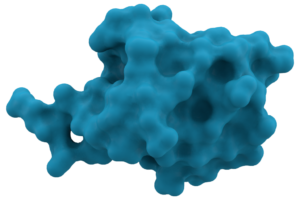Ubiquitin

Welcome to the website of the Trujillo laboratory at the University of Hamburg! We are a research group interested in ubiquitination, a key post-translational modification involved in most cellular processes.
Plants exhibit a remarkable ability to perceive environmental cues and swiftly adapt to them, ensuring efficient acclimation. This responsiveness to challenges unfolds on various levels, with coordinated proteolysis playing a pivotal role in reshaping the plant's proteome. One fundamental aspect of this process is the modification of proteins through ubiquitin attachment, a process known as ubiquitination. While ubiquitination is well-recognized for its role in protein degradation via the 26S proteasome, it also contributes significantly to orchestrating intracellular transport and promoting vacuolar degradation through endocytic and autophagic pathways.
The molecular machinery that governs ubiquitination holds tremendous potential for improving crop yields. A key priority is to expand our understanding of the ubiquitination process, particularly in terms of how specific proteins are targeted by this intricate mechanism. In light of the pressing challenges posed by climate change and a burgeoning global population, it becomes imperative to gain deeper insights into how plants manage stress. This knowledge is essential not only to secure a stable food supply but also to foster the development of environmentally sustainable agricultural practices.